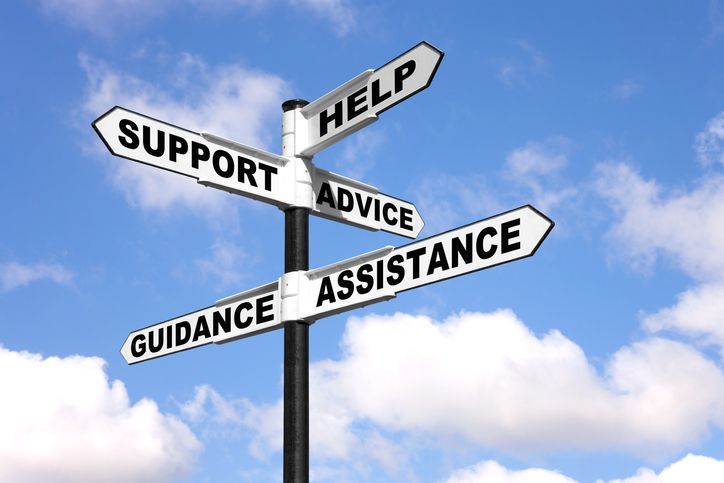When should I start writing my will?
If you are asking yourself ‘When should I start writing my will?’ you are not alone.
Am I too young to have a Will?
I don’t own anything so surely, I don’t need a Will?
I’m married, so I don’t need a Will because everything will go to my wife/husband, that’s right isn’t it?
...these are just some of the questions that I am regularly asked. So if you are asking yourself ‘When should I start writing my will?’ you are not alone.
The truth of the matter is that I can sometimes answer this question very easily, as there are some key indicators of definitely needing a Will. For example;
- You have children – whether you are married to the other parent or not
- You have just bought a property with someone – whether in a relationship with that person or not
- Your financial circumstances suddenly change, e.g. you inherit money
- Your relationship status changes – you get married, or you separate with a view to getting a divorce (if you were married)
- You lose a loved-one that might have benefitted from your Will previously – often this will also be a time where clients see how difficult it can be when someone dies without a Will
- You have someone in your life that you specifically want to make sure does or does not receive benefit from your Will.
A good short answer to when should you start writing your Will might be: if you have anyone in your life that you care about that you would like to protect as much as you can and/or own anything that you would like to gift – you should have a Will.
If a person dies without a Will, then it is the government that decides who should receive anything from their estate. There is a set order in which this would happen, and this is known as the Rules of Intestacy.
If you would like to see where your estate would currently go, based on your existing circumstances, you can use this handy tool from gov.uk https://www.gov.uk/inherits-someone-dies-without-will
For some people the intestacy rules might provide exactly what they would have chosen. Unfortunately, this is very very rarely the case. Usually even a single person, with no children and a very modest estate would like to leave things to specific people, and that may not be their parents or siblings – maybe they would like their nieces or nephews to benefit or friends, neighbours or charities.
Or take the example of a married couple with young children. Typically, we see that husband/wives/civil partners will leave a considerable amount of their estate (if not all) to the surviving partner. Under the Intestacy Rules, if there is no Will, the surviving spouse will receive all assets up to £270k, and then the remaining assets will be shared 50:50 with children and grandchildren. The difficulty that this situation might cause the surviving spouse could be enormous, it may mean that property needs to be sold, there could be considerable stress and discord amongst the beneficiaries…a truly horrid scenario where a spouse is still dealing with the grief of their loss.
It is also extremely important to know that without a Will the administration of the deceased’s estate will be a great deal harder, as no-one has been given the ‘authority’ to manage this, i.e. no-one has been nominated as an Executor. This therefore means that a loved one must apply for a Grant of Representation which makes things complicated and of course it takes longer too.
A question I would ask is – why do you want to let the Government decide, why not make your own wishes known, and be sure that they are followed? This is what your Will does for you.
Legally a person must be 18 years old to create a valid Will, but not all 18 year olds are equal. Some may have already inherited themselves, some might have property. Alternatively they might be living at home and still in education. Should they all make a Will? I would advise that it depends on their personal circumstances, but the fact remains that if they wish to be in charge of who receives what from their estate – even down to their Lego collection (personally I can vouch for the fact that some 18 year olds have a considerable estate in Lego!) – then a valid Will is the only way that they can be sure that their estate will be gifted as they wish.
Perhaps the even simpler answer to the question about ‘when you should start writing a Will’, is ‘start talking to a professional about this when you are 18 years old’…..that way there is every chance that you will keep your estate safe when the risks are increasing through your life. That way your wishes are covered and you can store the Wills safely, forget about them and get on with living….
If you would like a free consultation then please do not hesitate to get in touch, I am always happy to chat and help, you can call me on 01202 985081 or email me claire@dorsetcoastwills.co.uk.
Blogs




